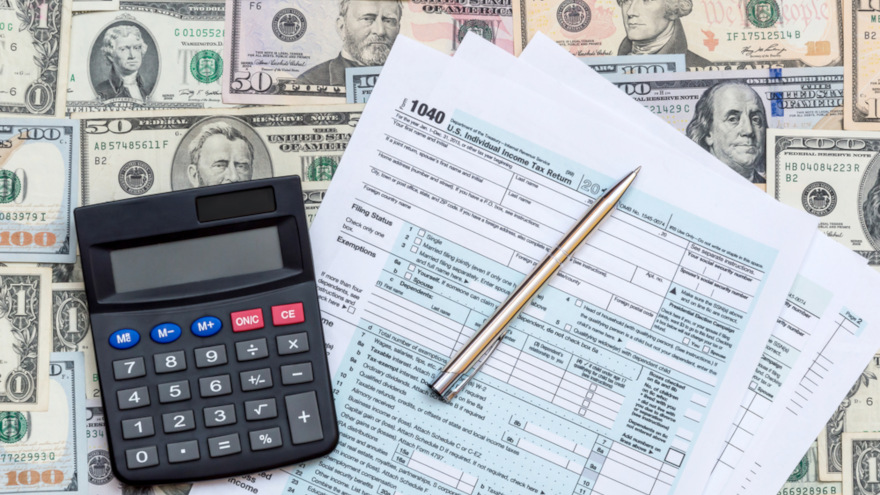Despite tax refunds up 13%, some consumers might not be in a vehicle-buying place

Latest look at tax season data & other trends
By subscribing, you agree to receive communications from Auto Remarketing and our partners in accordance with our Privacy Policy. We may share your information with select partners and sponsors who may contact you about their products and services. You may unsubscribe at any time.
Perhaps if there is not a parade of potential vehicle buyers arriving at your dealership this tax season, a trio of consumer surveys might shed light on why; even though the average federal income tax refund is 13% higher this year than in 2021.
According to filing data from the Internal Revenue Service through March 11, the IRS has issued refunds to 45,319,000 filers so far this year, doling out a total of $151.928 billion. Those figures are 6.6% and 20.5% higher year-over-year, respectively.
Those metrics also compute to an average refund of $3,417, which according to the IRS is 13.3% higher than a year ago.
For independent and buy-here, pay-here dealers moving a lot of metal this tax season, that refund average could mean a healthy down payment, especially since wholesale prices haven’t soften too much.
But for operators not seeing much of an uptick in retail sales this tax season, here are some potential reasons why.
According to a study from H&R Block, a consumer survey by the tax preparation company showed that while 73% of those who struggle financially intend to save some or all of their tax refund, only 44% do, with many citing unexpected expenses as the top reason they are unable to save their refund.
Subscribe to Auto Remarketing to stay informed and stay ahead.
By subscribing, you agree to receive communications from Auto Remarketing and our partners in accordance with our Privacy Policy. We may share your information with select partners and sponsors who may contact you about their products and services. You may unsubscribe at any time.
Meanwhile, as part of the Capital One’s ongoing Marketplace Index survey, analysts at that institution said nearly half (47%) of respondents expect a refund after filing their 2021 taxes, with nearly half of lower earners (43%) and three in 10 middle earners (30%) saying their tax refunds would be very or moderately important to their overall financial health this year.
Furthermore, one in five people overspent their 2021 holiday budgets slightly or went well above, according to a consumer survey by ScoreSense, a credit score monitoring product.
“We were surprised to find about half of consumers used cash for holiday spending but about one-fifth of those we surveyed spent too much and regret it. That’s in line with what we’re seeing as consumers return to the pre-pandemic levels of credit problems and lowering credit scores. This is troubling when you consider that many consumers will not receive their usual tax refunds to pay off holiday debt because they can’t take the full write-offs for child tax credit or for college loan interest,” said Carlos Medina, senior vice president at One Technologies, which offers ScoreSense.
“We believe that these factors, along with inflation, will lead to more credit spending for basic living and that consumers will delay major purchases as long as possible. This is sadly a perfect storm for debt and credit problems, and the data is revealing it is happening now,” Medina went on to say in a news release.


